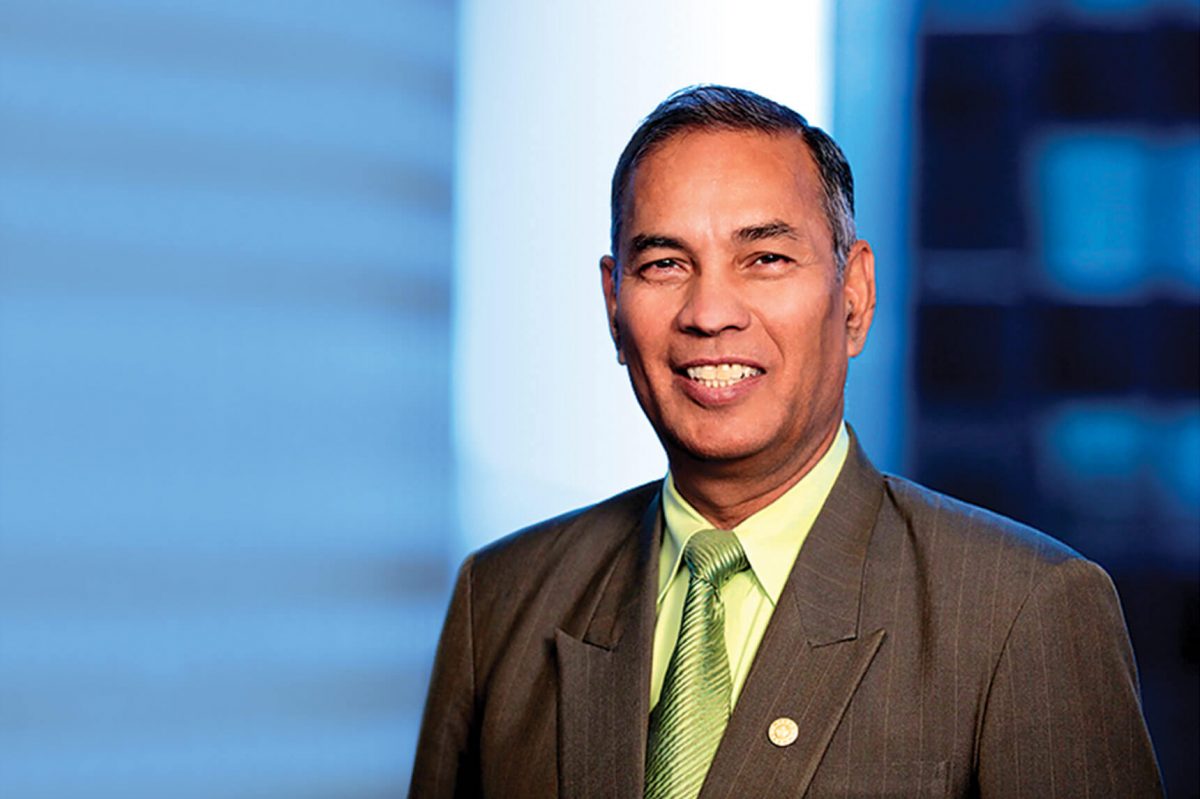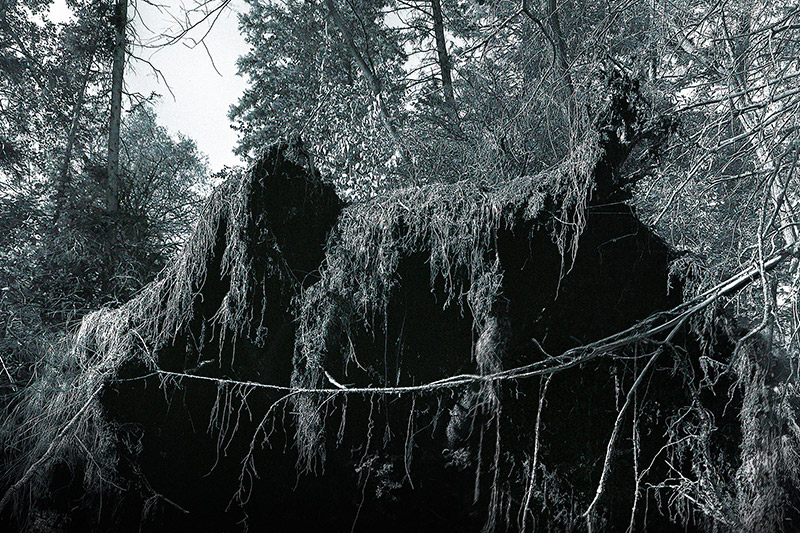
Centre for Human Rights Research
Celebrates 10th anniversary with new direction
When professor Adele Perry moved into her Robson Hall office as the second director of the Centre for Human Rights Research (CHRR), the building was mostly empty and every surface was sanitized.
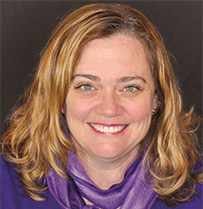
Karen Busby
A few months into the COVID pandemic, she took on the challenge of keeping the centre dynamic by designing research projects and public programming suited for virtual connection. One of the first online events Perry chaired was on work, care and human rights in the age of COVID. Training researchers to podcast was also on the agenda.
There are some upsides to lockdowns, such as the ability to Zoom in top speakers from across Canada and beyond as the interdisciplinary research centre turns 10.
As a historian, Perry is taking the centre in new directions that complement the work done by founding director and law professor Karen Busby. The centre’s most recent seminar series included speakers on the contemporary implications of Canada’s history of enslaving black people, interning Ukrainians, turning away Asian migrants, purging queers and displacing Indigenous people.
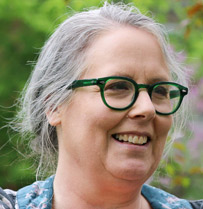
Adele Perry.
“It is an honour to work to build the CHRR in ways that speak to an ongoing pandemic and the pressing need to connect research to present-day barriers that too often keep people from living full and rich lives,” Perry said.
“It is an honour to work to build the CHRR in ways that speak to an ongoing pandemic and the pressing need to connect research to present-day barriers that too often keep people from living full and rich lives”
Visit the Centre for Human Rights Research online
Centre for Human Rights Research Timeline
2009
UM’s strategic plan identifies human rights as a priority, recognizing that the Canadian Museum for Human Rights will help Winnipeg become a globally recognized centre for human rights.
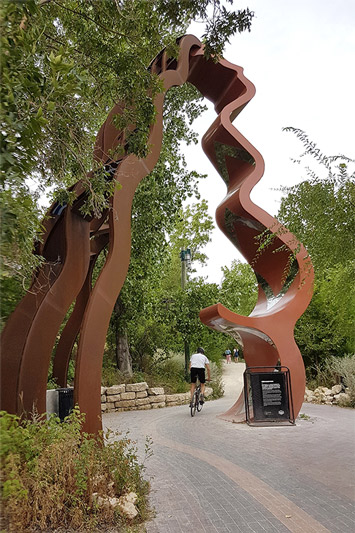
2010
Karen Busby receives $75,000 from UM’s Academic Enhancement Fund to establish CHRR, with support from the Faculties of Law, Education, Arts and Social Work.
Fall 2011
Launch of CHRR Student Speakers Bureau. Launch of the first annual Critical Conversations seminar series on an emerging human rights topic. This credit course for Law and graduate students is also open to the public.
Feb 2012
A proposal coordinated by CHRR is submitted to the Truth and Reconciliation Commission of Canada to establish what will become the National Centre for Truth and Reconciliation.

Apr 1, 2012
CHRR is granted official status and core funding by UM’s board of governors.
2012–13
CHRR’s research on the human right to drinking water and sanitation is funded by all three of Canada’s main research granting agencies:
- Soil scientist Annemieke Farenhorst is awarded a $1.65-million NSERC grant to train Indigenous and non-Indigenous science and engineering graduate students to work towards water and sanitation security in First Nation communities.
- CHRR director is awarded a $200,000 SSHRC grant to explore the right to clean water in First Nations.
- Community Health Sciences professor Brenda Elias and Karen Busby are awarded $25,000 from the Canadian Institutes of Health Research.

Jun 2013
First Anishinaabe nibi inaakonigewin (water law) multi-day, outdoor gathering led by Law professor Aimée Craft.
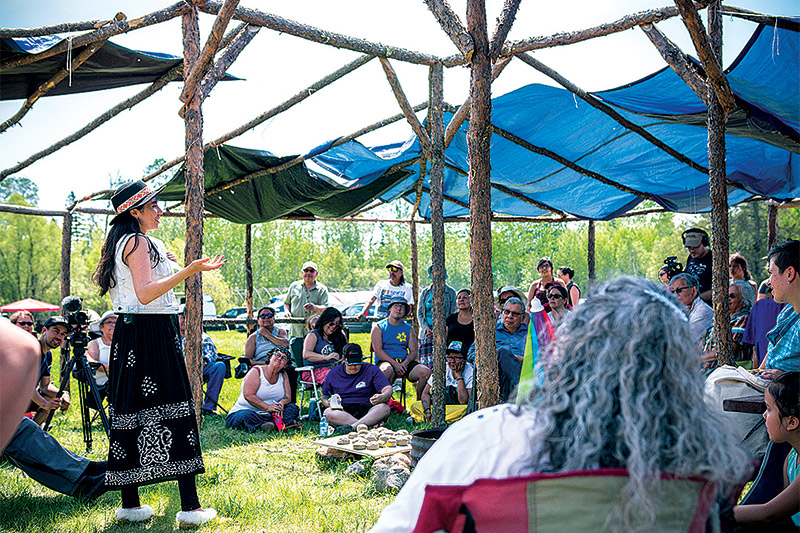
Oct 2013
Special issue of Canadian Journal of Woman and the Law guest edited by Karen Busby on feminist approaches to assisted human reproduction.
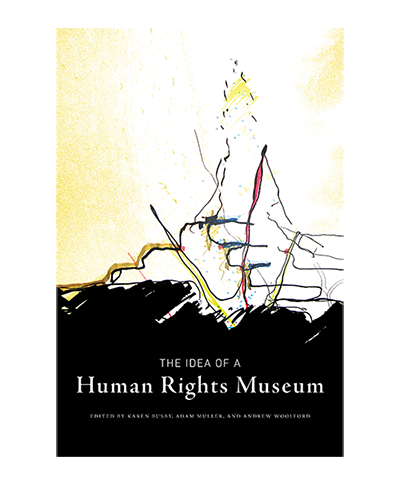
Oct 2015
The Idea of a Human Rights Museum book is published.
Jan 30, 2018
A proposal co-ordinated by CHRR to establish Canada’s first interdisciplinary Master of Human Rights degree program is approved by UM’s board of governors.
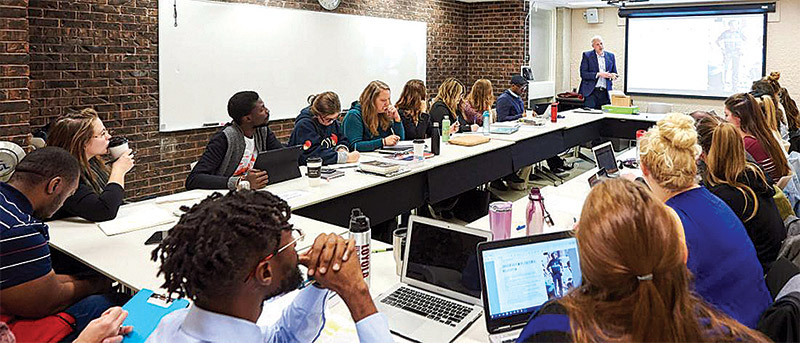
Feb 2020
Publication of Achieving Fairness: A Guide to Campus Sexual Violence Complaints co-authored by director Busby.
Jul 1, 2020
Distinguished Professor of history and women’s and gender studies Adele Perry takes over as CHRR director.
May-Jun 2021
Perry and her colleagues receive two SSHRC awards to:
- Launch the At the Forks online meeting place for conversation about the intersection between Indigenous rights and human rights.
- Synthesize knowledge about Indigenous Women, Two-Spirit People and Public Transit in Western Canada.
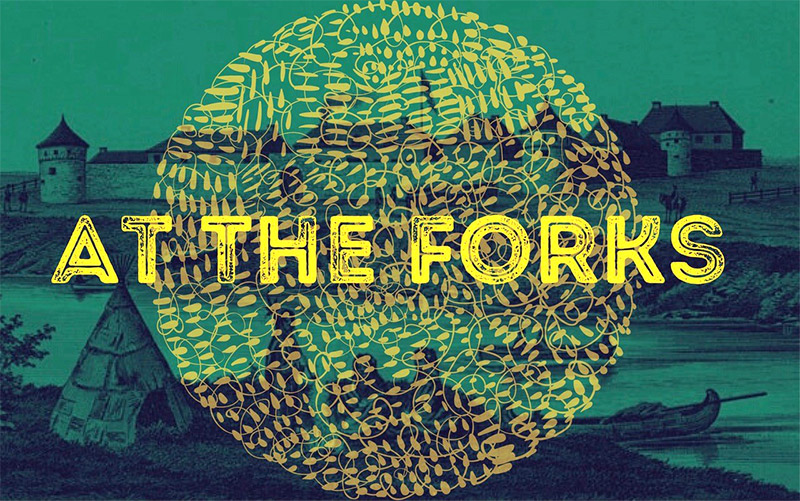
Jul 2021
The Canadian government agrees to an $8-billion settlement for a First Nations drinking water lawsuit. Arguments based on CHRR research results informed the First Nations negotiating strategy.
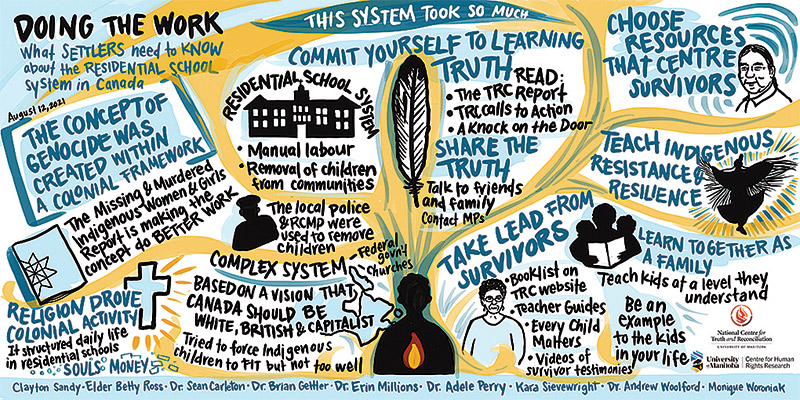
Jan 2022
The latest Critical Conversations seminar series focuses on Human Rights and Historic Wrongs.
ResearchLIFE
ResearchLIFE highlights the quest for knowledge that artists, engineers, scholars, scientists and students at UM explore every day.
Learn more about ResearchLIFE







